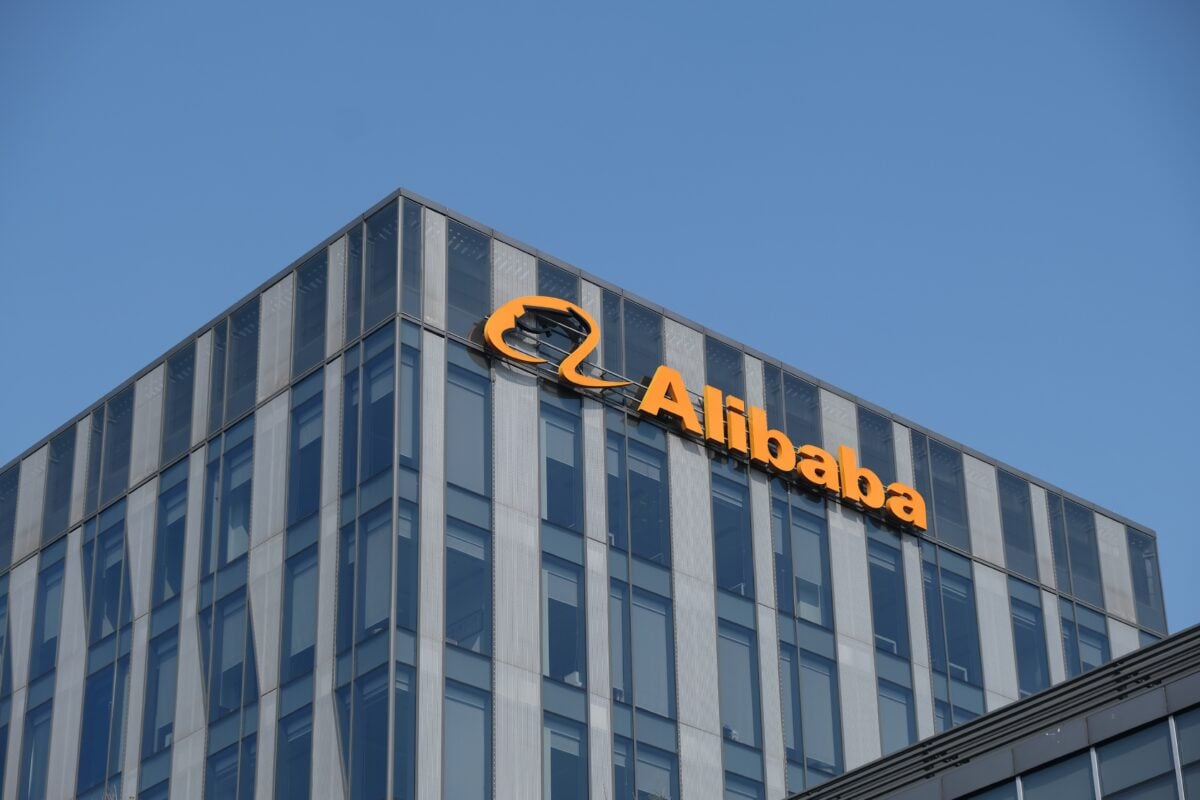TLDRs;
Contents
- Alibaba’s cloud revenue is projected to grow just 4.3%, signaling slower momentum despite heavy AI investments.
- Chinese consumers resist subscription-based AI models, pushing Alibaba toward API services and open-source strategies.
- Fierce price wars have cut AI API costs by over 90%, squeezing revenue potential across China’s AI sector.
- Beyond AI, Alibaba is consolidating services with Ant Group and investing in worker welfare amid intense competition.
Alibaba Group is set to spotlight artificial intelligence in its upcoming quarterly earnings, but the numbers suggest a more cautious outlook for its cloud division.
Revenue for the June quarter is forecast to reach 252.9 billion yuan (US$34.7 billion), representing a 4% year-on-year increase. Meanwhile, Alibaba Cloud, the unit driving much of the company’s AI ambitions, is projected to grow just 4.3% quarter-on-quarter to 31.4 billion yuan (US$4.4 billion).
While the figures show stability, they also reflect slowing momentum in a segment once seen as the centerpiece of Alibaba’s global technology expansion.
AI Investment Meets Monetization Challenges
Since 2022, Chinese tech giants including Alibaba, Tencent, and Baidu have funneled billions of dollars into artificial intelligence research and deployment. However, unlike their Western counterparts, Chinese companies face unique hurdles in turning these investments into steady profits. A key barrier is cultural resistance toward subscription-based models.
Where platforms like ChatGPT Plus have flourished in the U.S. and Europe, Chinese consumers have shown reluctance to pay monthly fees for AI products. Baidu’s Ernie chatbot is a case in point. Launched in late 2023 at 59.9 yuan per month, it was quietly discontinued within four months due to poor adoption.
This resistance has forced firms like Alibaba to pivot toward enterprise API services and open-source approaches, intensifying market competition.
Price Wars Pressure AI Economics
The biggest challenge now lies in pricing. Alibaba recently slashed the cost of its Qwen-Long large language model API by 97%, lowering the price to just 0.0005 yuan per thousand tokens.
Competitors quickly followed suit. ByteDance cut the prices of its Doubao model by more than 60%, and newer entrants like DeepSeek offered APIs for as low as 1 RMB per million tokens.
This aggressive price war has created a deflationary environment where companies prioritize user acquisition and market share over profitability. Adding to the pressure, several firms have open-sourced their models, further reducing the incentive for enterprises to pay for commercial AI services. While such moves may build ecosystems in the long run, they weigh heavily on near-term revenue expectations.
Broader Business Context
Alibaba’s slowing cloud momentum comes as the company pursues broader structural shifts. Last week, the firm launched a unified membership program with Ant Group, covering services across 22 platforms including Taobao, Tmall, Alipay, Ele.me, and Freshippo. The move signals a push to consolidate its vast ecosystem and create new loyalty-driven revenue streams.
At the same time, Alibaba and Ant have pledged to improve working conditions for delivery riders, offering new uniforms and welfare benefits such as education and healthcare support.
This marks a shift in strategy amid intensifying competition with Meituan in food delivery, a segment where subsidies and price wars have drained billions from the sector.


